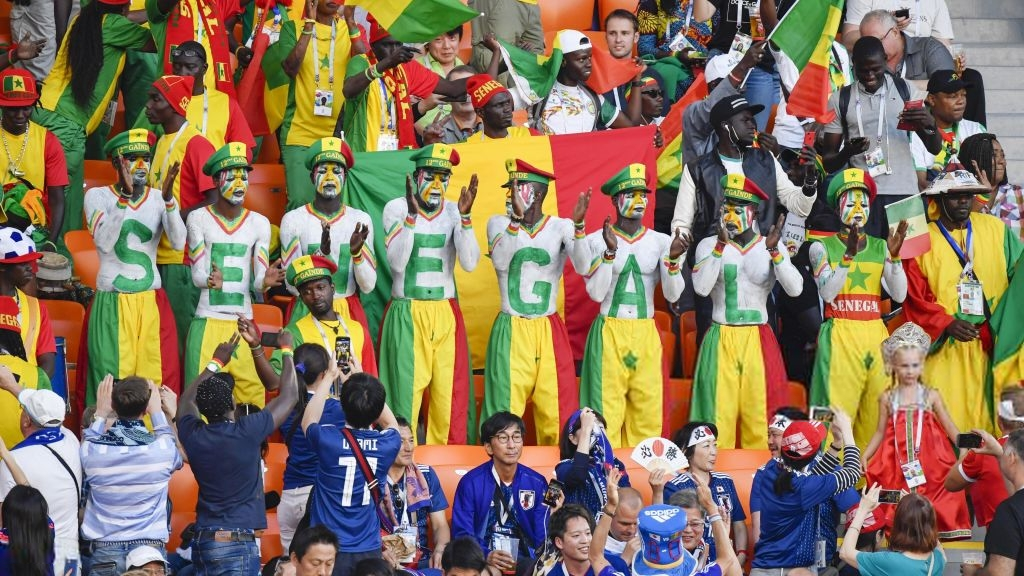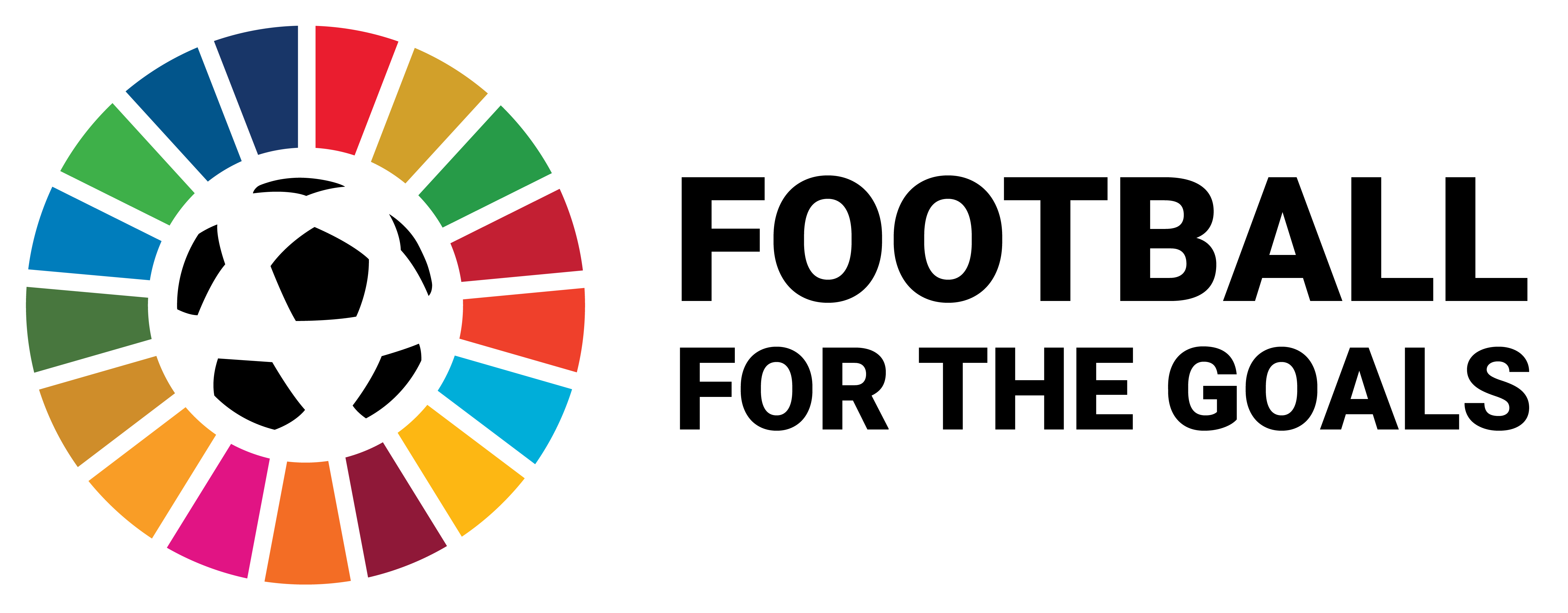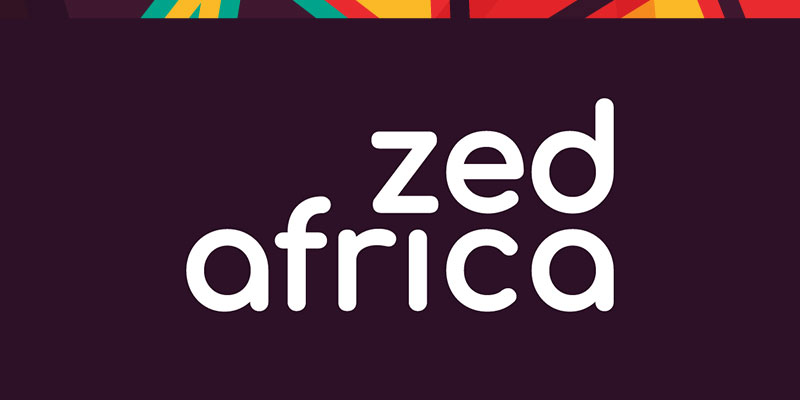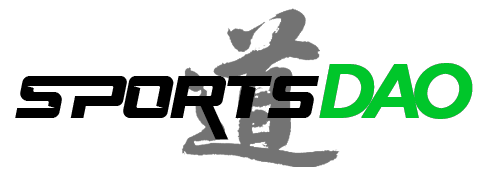
Africa registered its worst performance in 36 years at this year’s FIFA World Cup in Russia. None of the continent’s 5 representatives managed to get past the preliminary rounds. The teams collected a combined 11 points out of a possible 45. Going into the tournament there was a bit of a positive vibe around Africa’s participation especially with Egypt, Nigeria and Senegal boasting impressive squads. It was hoped that at least 3 teams would get to the round of 16, with 2 making it to the quarter finals, demonstrating the strides Africa has made since 2014 when Ghana qualified for the quarter finals. However, this was not to be.
The Pharaohs of Egypt
Egypt went into the tournament with arguably the world’s best player, Mohamed Salah. Unfortunately, the talented and hardworking Egyptian had suffered a major injury in the UEFA Champions League final and many feared for his fitness. It was no surprise when he sat out the first match as the Pharaohs struggled against Uruguay before going down to a last-minute goal. Salah was fit for the second game against hosts Russia but could do little to salvage Egypt’s run in the tournament. They lost 3 – 1 with Salah getting the consolation goal from the spot.
In the last game against Saudi Arabia Salah was at it again grabbing the opener for the Egyptians only for them to concede twice and end their campaign with zero points. Perhaps the only positive was the appearance of Essam El-Hadary who at 45 years became the oldest player to ever appear at the finals wrestling the crown back for Africa after the Colombian Faryd Mondragon took it from Cameroon’s Roger Miller in 2014. El-Hadary bowed out in style saving a penalty
The continent will never forgive one Sergio Ramos for what many deemed a malicious challenge on the Liverpool forward – perhaps a judgement too harsh on the Spaniard.
The Atlas Lions
There was not much hype around the Morocco camp in the lead up to the tournament, at least when it came to on-pitch action. Their best-known player was Juventus defender Mehdi Benatia while player-maker Hakim Ziyech won the Dutch Footballer of the year playing for Ajax Amsterdam.
More attention went to their bid to host the 2026 FIFA World Cup, their fifth attempt. Again, they fell short losing to the “United” bid (United States, Mexico and Canada) which garnered 134 votes compared to Morocco’s 65. Despite trying to project itself as an African bid like South Africa did in 2004, 11 African countries voted against Morocco highlighting the disunity and political tensions that haunt Morocco’s participation in the continent’s economic and political affairs.
Further, it was highly publicized that their submission was weak compared to the “United” bid submission. The United bid was more technically sound and financially rewarding (for FIFA). Inadequate infrastructure was also pointed out as a key weakness of the North African state. They would have to invest a lot of resources to have the requisite infrastructure. There were also question marks over the long-term sustainability of the infrastructure. As Africa, this begs the question of whether we will ever host the showpiece again!
On the field, Morocco was up against tournament favourites Spain and Portugal so going down 1 – 0 in their opening encounter against Iran was a big blow. However, the Atlas lions displayed some great football and were unlucky not to get at least a point against Portugal or all 3 against the disappointing Spaniards. The Video Assisted Referee (VAR) also came into the picture with decisions in both matches judged to have unfairly punished the Moroccans. They finished last in Group B with a single point.
The Super Eagles of Nigeria
Nike staged one of the most successful marketing activations with the Nigeria kit which sold out within minutes of going up for sale. According to Nike FC’s Design Director Pete Hoppins there were fewer expectations (compared to say England or Brazil) from media and fans when it came to on-the-field performance. This had a bearing on the kit design by allowing Nike more flexibility to experiment. Luckily, their experiment was a huge success, but we cannot say the same about Nigeria’s performance.
Nigeria started aga

inst an impressive Croatia and played very well. They were unfortunate going down 2 – 0 to the tournament’s eventual runners-up, conceding an own-goal and a penalty. In the second match, the Nigerians were up against much talked-about Icelanders – the smallest country to ever grace the tournament. The Super Eagles won the match 2 – 0 with two great goals from Leicester City forward Ahmed Musa. Their final match was against Argentina who were disappointing in their first two encounters after being fronted as tournament favourites. In an evenly contested match the Argentinians managed to oust Nigeria to qualify along with Croatia.
Captain Obi Mikel later intimated that this had been his best outing with the national team, right from the qualifiers. For once there were no internal squabbles and it showed on the pitch. Fielding the youngest team at the World Cup, we can only hope the Super Eagles can build on their performance come 2022.
The Carthage Eagles
Tunisia was the quietest of the African teams heading into World Cup. With no exceptional talents to talk about in their ranks, no big names from the European leagues, not much was expected from the Carthage Eagles. They last qualified for the 2006 edition in Germany but had missed out in South Africa and Brazil. The Tunisians, however, had coach Nabil Maâloul one of only two African coaches at the tournament.
The lack of qualified African coaches has been cited as one of the reasons the sport has not developed to its full potential in the continent. We pick this up later with Aliou Cisse.
Tunisia was drawn against England, tournament favourites Belgium and first-timers Panama. After losing narrowly against England, 1 – 2 the final score, in their opener their chances of qualifying went from possible to very slim. They went on to lose 5 – 2 to an impressive Belgium before bowing out with pride by beating Panama 1 – 2.
The Lions of Terranga
The best performers from the continent were no doubt Senegal nicknamed the lions of Terranga. Matched against Poland, Japan and Colombia the Senegalese no doubt fancied their chances of making it to the round of 16. Displaying some great football, Senegal beat Poland comfortably and then drew 2 – 2 against Japan in an entertaining game of football. In the final match, they needed at least a draw to secure their place in the final 16. Even with a loss they still stood a chance of qualifying depending on how Japan played but luck was not on their side.
In that match they had a penalty decision for them overturned after a VAR review. The VAR was one of the talking points of this year’s World Cup. The importance or significance of the new technology was a highlight of the tournament with many decisions being subjected to review. What does the introduction of the VAR mean to Africa? This could be a great disadvantage for developing countries which do not have the resources to invest in such technologies let alone basic infrastructure. They will be encountering the technology only at major tournaments. Will this lead to a widening of the gap that already exists between African and let’s say European football? Well, it remains to be seen how the uptake of the technology will progress in the coming years and how it will impact the game. But this is definitely something African (and global) football administrators should put a focus on.

Senegal had the youngest coach at the tournament, Aliou Cissé. At 42, Aliou was also the only black African coach at the tournament. On the flipside, he was also the lowest paid of all the coaches. In all their games Senegal displayed good tactical football something that few African teams are praised for. Usually, the success of African teams and players has been attributed to pace and physicality.
Senegal’s success should signal Africa to start investing more in coaching education especially for former players like Cissé, who captained the Senegal team that reached the quarterfinals of the 2002 FIFA World Cup. Africa has for a long time been known to import foreign coaches, mainly from Europe at great expense. However, these coaches are rarely the best of the breed and would normally be regarded as the second rate on the world stage. Investing in coaching education while benchmarking with our global counterparts is a sure way of improving the standards of the game and our capacity to compete at the world stage.
Les bleus le black et le beurre – FIFA World Cup 2018 Champions
Congratulations to FIFA World Cup 2018 champions – France. Following the exit of all the African nations in the preliminary rounds, many of the continents’ viewers switched their allegiance to France owing to the number of players with African roots representing the country. Top among them was young player of the tournament Kylian Mbappe and Paul Pogba who was once touted as a future Ballon d’Or winner. It is okay to identify ourselves with these great talents but at the same time, we have to ask ourselves if they would have reached the same levels if they played for their native countries. Most likely not! Why? As many have pointed out, it is the lack of investment in the sport, especially at the grassroots level. This is something that needs urgent and strategic attention if we are to see better performance from African teams. See you in Qatar but stick around as we explore various issues affecting African football and attempt to work out solutions. Let’s build a better foundation for the future of African football.

Special mention
Our special mention goes to Senegalese referee Malang Diedhou for a splendid performance. Mr Diedhou took charge of 3 matches including one the best of the tournament, the second round match between Belgium and Japan.
 Back to Blog
Back to Blog 







